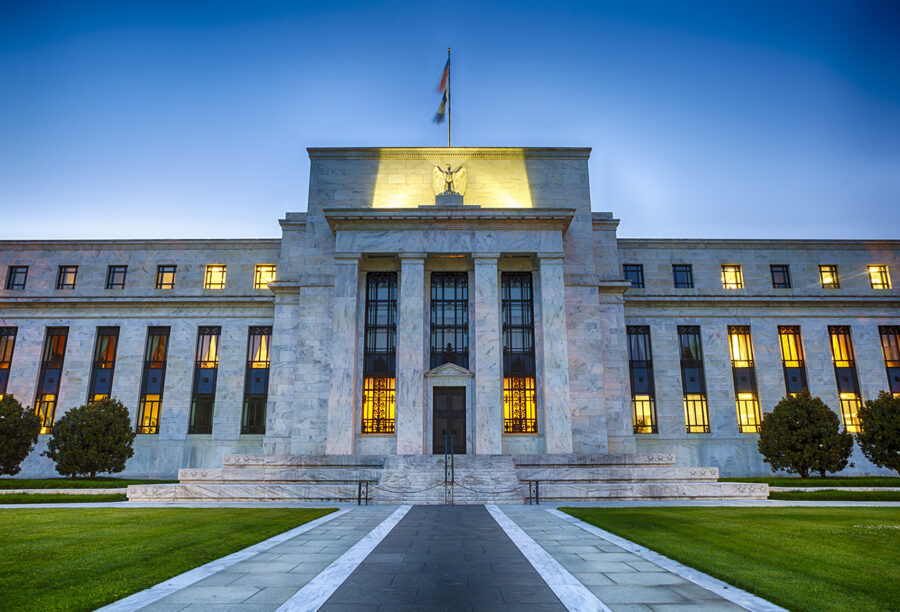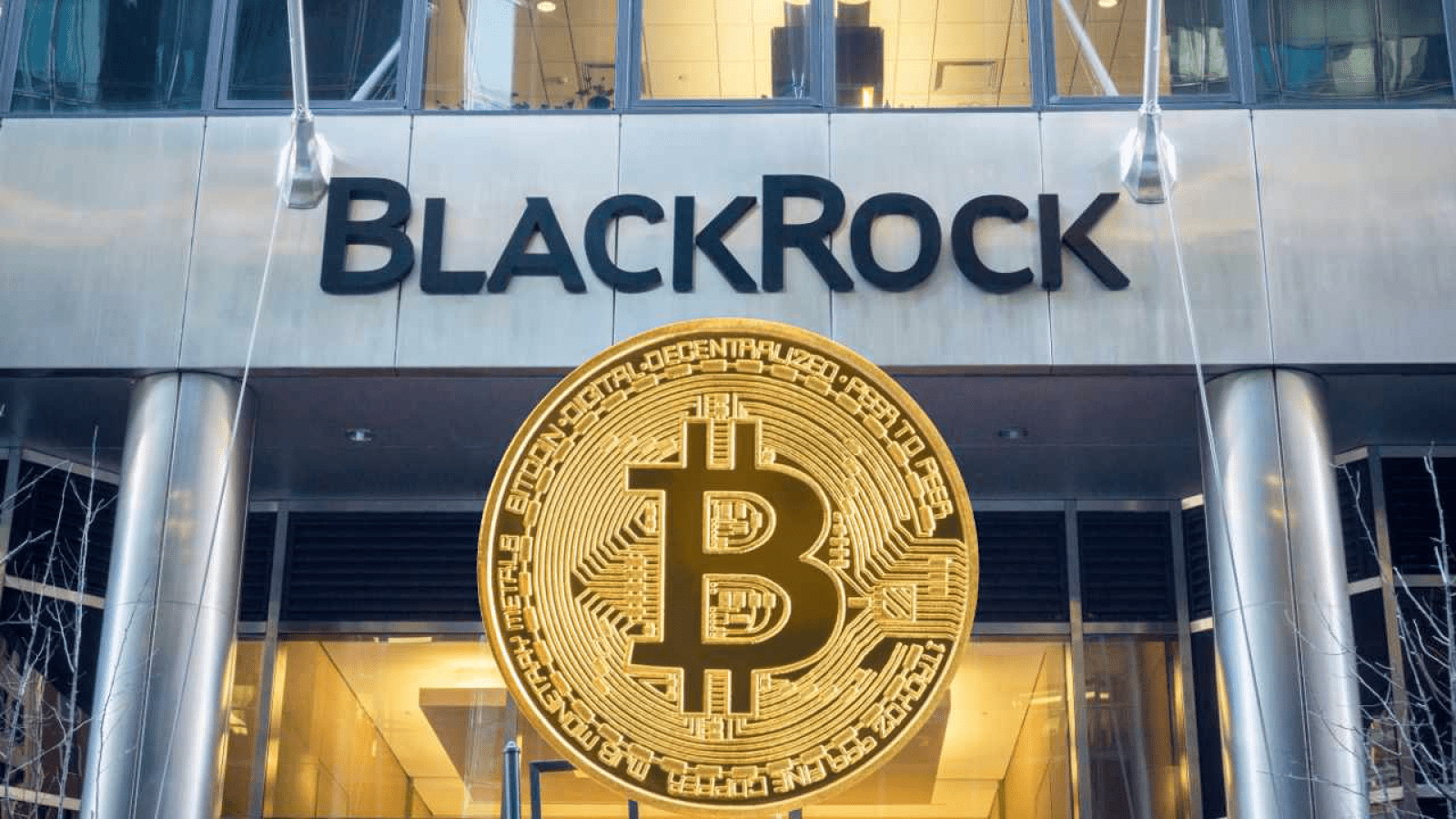Banks and the Fed have a problem ? What about crypto?
The global Banks and the Fed have a problem is facing a number of challenges, including rising interest rates, inflation.

The global banking system is facing a number of challenges, including rising interest rates, inflation, and the ongoing war in Ukraine. These challenges are putting pressure on Banks and the Fed have a problem profitability and resilience.
The US Federal Reserve (Fed) is also facing a number of challenges, including its efforts to combat inflation without causing a recession. The Fed's actions could have a significant impact on the global economy, including the banking system.
Cryptocurrencies are a new asset class that is not subject to the same regulations as traditional financial institutions. This makes cryptocurrencies a potential alternative to banks for some users.
Challenges facing banks
Banks are facing a number of challenges, including:
- Rising interest rates: The Fed is raising interest rates in an effort to combat inflation. Rising interest rates make it more expensive for banks to borrow money and lend it to customers. This can reduce banks' profitability.
- Inflation: Inflation is at a 40-year high in the United States. Inflation is causing the cost of goods and services to rise, which can erode the value of bank deposits.
- War in Ukraine: The war in Ukraine is causing uncertainty and volatility in the global economy. This uncertainty is making it more difficult for banks to make lending decisions.
Challenges facing the Fed
The Fed is facing a number of challenges, including:
- Combating inflation without causing a recession: The Fed is trying to raise interest rates high enough to combat inflation without causing a recession. This is a delicate balancing act, and it is not clear whether the Fed will be able to achieve this goal.
- Managing the Fed's balance sheet: The Fed's balance sheet has swollen to nearly $9 trillion in recent years. The Fed is now trying to reduce its balance sheet, but this process could have a disruptive impact on the financial markets.
Cryptocurrencies as a potential alternative to banks
Cryptocurrencies are a new asset class that is not subject to the same regulations as traditional financial institutions. This makes cryptocurrencies a potential alternative to banks for some users.
Cryptocurrencies offer a number of advantages over banks, including:
- Decentralization: Cryptocurrencies are decentralized, meaning that they are not controlled by any government or financial institution. This makes cryptocurrencies less vulnerable to financial crises.
- Global reach: Cryptocurrencies can be used to send and receive money anywhere in the world, without the need for a bank or other financial intermediary. This makes cryptocurrencies a convenient and affordable way to send and receive money internationally.
- Privacy: Cryptocurrencies offer users a greater degree of privacy than traditional financial institutions. This is because cryptocurrency transactions are not subject to the same reporting requirements as traditional banking transactions.
Drawbacks of cryptocurrencies
Cryptocurrencies also have a number of drawbacks, including:
- Volatility: Cryptocurrencies are highly volatile, meaning that their prices can fluctuate wildly. This makes cryptocurrencies a risky investment.
- Complexity: Cryptocurrencies are a complex technology, and they can be difficult to understand and use. This can make cryptocurrencies inaccessible to some users.
- Lack of regulation: Cryptocurrencies are not subject to the same regulations as traditional financial institutions. This means that there is less protection for users of cryptocurrencies.
The global banking system and the US Federal Reserve are facing a number of challenges. These challenges could lead to a loss of confidence in the traditional financial system and an increase in demand for cryptocurrencies.
Cryptocurrencies offer a number of advantages over banks, including decentralization, global reach, and privacy. However, cryptocurrencies also have a number of drawbacks, including volatility, complexity, and a lack of regulation.
It is too early to say whether cryptocurrencies will become a viable alternative to banks. However, the challenges facing the traditional financial system are likely to drive some users to explore alternative financial solutions, such as cryptocurrencies.
What's Your Reaction?
















